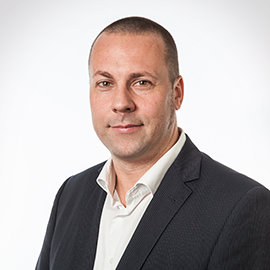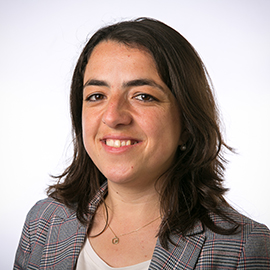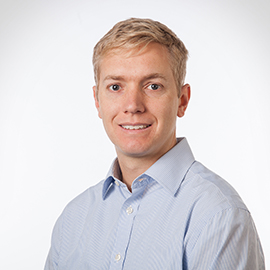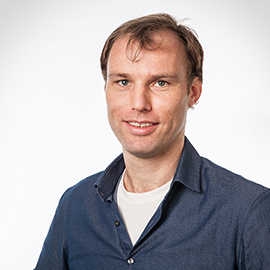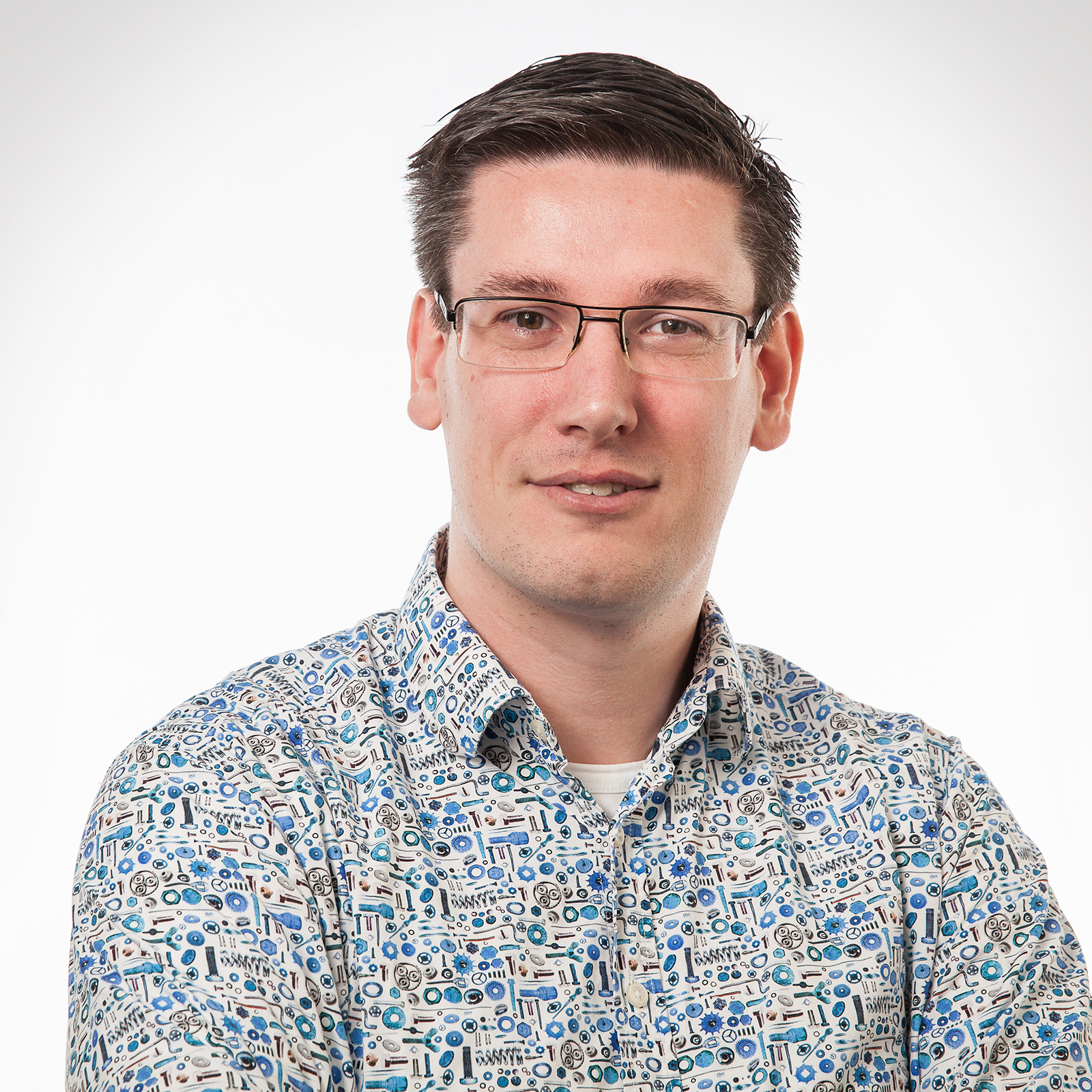TU Delft is granted 6 million euros for smarter, more sustainable logistics on water
NWO has awarded almost 6 million euros to nine proposals in the ‘Blue Route’ programme in the Water & Maritime top sector. Six of the nine grants are going to TU Delft, at the Department of Maritime and Transport Technology. In the ‘Blue Route’, maritime researchers work together with researchers in other disciplines like robotics, fluid mechanics and systems and control on innovative research focused on smarter logistics on and around water. The aim is to use more efficient and faster information gathering and processing techniques geared in particular towards the conservation and protection of water. The six project leaders are Jeroen Pruijn, Bilge Atasoy, Austin Kana, Ido Akkerman, professor Christina Jommi and Rudy Helmons.
The six projects are:
Robust, effective and adaptable ship designs for uncertain transition paths (READINESS)
Realising the vision of ‘Blue Route’ raises tremendous challenges related to the energy and automation transitions. Ships currently designed, will still be around after the transitions, requiring multiple modifications in the ship and system lay-out to stay relevant. READINESS develops innovative methods that advance the ship design process by reducing the impact and costs of uncertain future modifications in the control of systems, the ship topology and the routing of cables and pipes. The developed methods will empower the maritime sector to seamlessly transition from ships nowadays to autonomous ships with zero emissions.
Sustainable Transportation and Logistics over Water: Electrification, Automation and Optimization (TRiLOGy)
TRiLOGy aims to demonstrate the potential of autonomous and electric vessels for increasing the safety, efficiency and sustainability of transportation and logistics in urban waterways. In order to reach this goal, a joint investigation is needed on fleet management and autonomous sailing. Two case studies are considered: city logistics for waste collection and food deliveries and mobility on demand with water-taxis. The proposed methodologies will be tested for the two case studies through realistic simulations and real-life experiments. Within this project we are also collaborating with Massachusetts Institute of Technology through the Roboat project.
Multi-fidelity Probabilistic Design Framework for Complex Marine Structures
Potential advances in living on the water or delta, harnessing the power of the oceans, and safely traversing the seas present major innovations coupled with unique challenges. How can we ensure that these systems and megastructures are safe for present use and for a future ocean climate harshened by climate change? Extreme wave loading can lead to serious structural challenges. Therefore, this research project focuses on new design techniques for complex marine systems to ensure these innovative systems are reliable and robust. With such techniques, creative design solutions can arise to meet the challenges of life and travel at sea.
Lift control for hydrofoil craft
Hydrofoil craft are fast and comfortable and have an enormous potential in passenger transport. However, systems that control the ride height are complex and sensitive, resulting in high capital and operational costs. In this project we will search for simpler and more robust ways of lift actuation and height control. Ideally the system would be passive without moving parts. We will explore the idea of using springs and dampers, similar as in cars. Also, alternative lift actuators will be evaluated. This will be done with a combination of experiments and computer simulations.
Minimized PLUME dispersion through natural FLOCculation (PLUMEFLOC)
While excavating the seabed for raw materials, clouds of dust may arise. When the seabed consists of fine sediments, these clouds can travel up to tens of kilometers. Due to the presence of clay and biological material, these particles may stick together, helping them sink faster. We conduct experiments to investigate in what conditions these particles will stick together, how to measure this and how it influences the behaviour of those dust clouds. Through this research we will be able to support industry, policymakers and NGO’s by providing them an overview of the behaviour of these sediment clouds.
NWO and Topsector Water & Maritime
The NWO Domain Science Board has awarded a total of ten proposals within the Top Sector Water & Maritime: nine in the programme Top Sector Water & Maritime: Blue route and also an additional proposal in the programme Living labs in the Dutch Delta. The projects concern, for example, dust clouds on the seabed, psychopharmaceuticals in water, harbour sediment, hydrofoils, digital dikes and sand nourishments off the coast at Ameland. The nine projects awarded funding in the programme Top Sector Water & Maritime: Blue route have a total budget of 5.9 million euros. The programme funds innovative research that uses water as a means for developing the Netherlands as a sustainable country. By better understanding, utilising and protecting water, seas and oceans, the Blue route seeks to combine societal, economic and ecological challenges through efforts on 'Living with water'. The programme is aimed at four themes: Living in the Delta, Water as a source, Water as a blue pathway and Living on the water.

